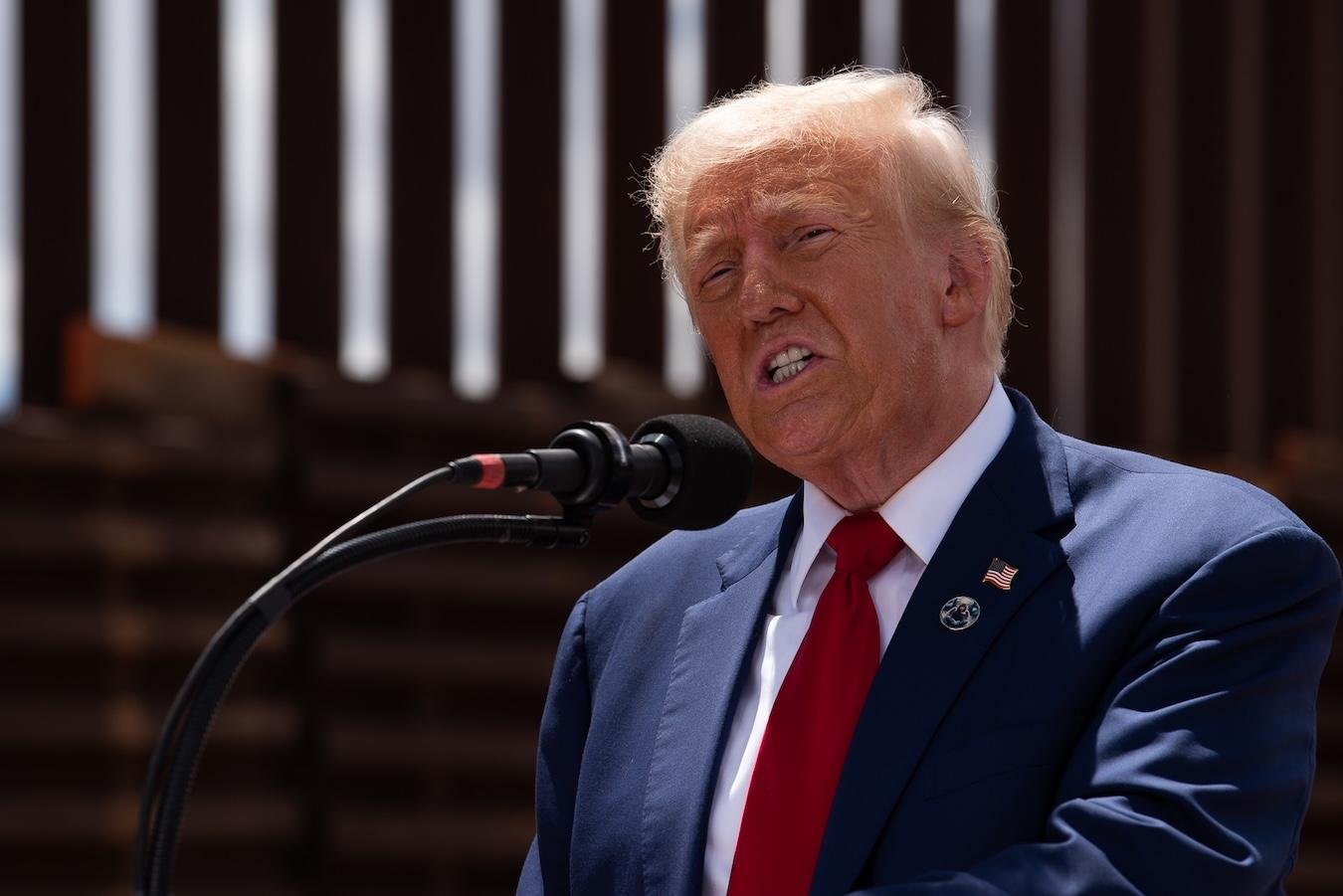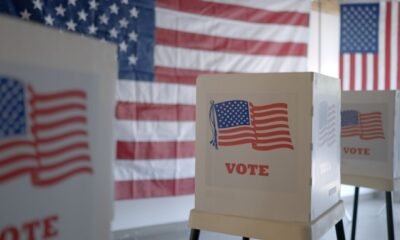Business
Trump’s Appointees Claim Deregulated Industry, Tech Giants Push Back

President-elect Donald Trump’s recent cabinet nominations signal a shift towards deregulation in the tech industry, projecting opportunities for growth both domestically and internationally. With selections for key positions including the chair of the Federal Trade Commission (FTC) and the chair of the Securities and Exchange Commission (SEC), analysts are closely observing the implications of these appointments.
Andrew Ferguson, currently an FTC Commissioner, has been chosen to replace Lina Khan, noted for her confrontational approach towards Big Tech. Ferguson’s appointment, along with antitrust expert Mark Meador, suggests a potential pivot in focus toward issues related to “censorship” rather than previous regulatory battles.
In a surprising move, Trump has appointed Paul Atkins, a cryptocurrency advocate and former SEC commissioner, to lead the SEC. Additionally, former PayPal executive David Sacks has been tasked with the newly created role of “AI and crypto czar.” This reflects a notable evolution in Trump’s perspective on digital currencies, transitioning from skepticism to ambition during his 2024 campaign, where he aims to position the U.S. as a global hub for cryptocurrency.
On a broader scale, Trump’s administration is fostering ties with influential players in the tech industry, exemplified by a recent meeting with SoftBank CEO Masayoshi Son, who announced a $100 billion investment in U.S. projects focused on artificial intelligence. This development highlights a clear intent to bolster technological advancements while potentially sidelining foreign competitors.
Experts anticipate a dominant theme of “techno-pragmatic nationalism” emerging from Trump’s appointments, balancing traditional Republican deregulatory policies with a focus on maintaining the U.S.’s competitive edge in global technology. This shift may lead to favorable conditions for American tech giants while erecting tougher barriers against foreign entities, particularly from China.
Many in the tech community, including software company CEO Yashin Manraj, view these changes as pathways to invigorate local tech economies. There’s a palpable optimism about potential investments that could strengthen the U.S. industry landscape, particularly in the wake of Biden-era regulations that some deemed hindering.
Yet, this anticipated deregulation poses significant challenges. As industries adapt rapidly to new technological innovations, maintaining safety and ethical guidelines will be crucial. Experts caution that unchecked advancements, particularly in artificial intelligence, could lead to unforeseen consequences without robust governance frameworks.
Trump’s second term appears to emphasize a new cadre of technocrats as he seeks to implement these shifts, diverging from the politically motivated advisers of his first presidency. The unfolding narrative suggests a potential renaissance for the tech sector under Trump, spurring job growth and innovation while navigating the complex interplay of regulation and rapid evolution in technology.


















